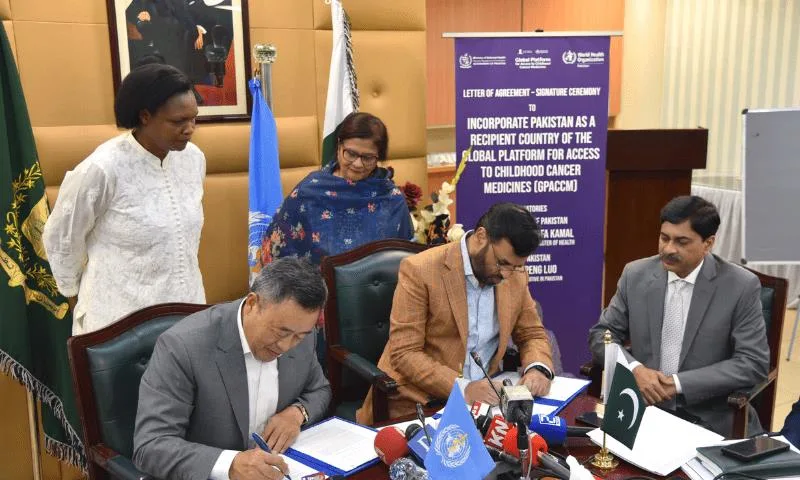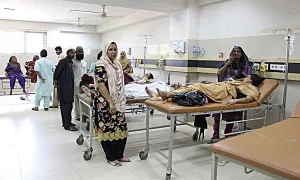A Milestone in Cancer Surveillance Pakistan has taken a major step toward combating its rising cancer burden with the approval of its first-ever National Cancer Registry. Signed into law by President Asif Ali Zardari under the National Institutes of Health Reorganization Amendment Bill 2025, this initiative marks a transformative moment for public health governance in the country.
Centralizing Cancer Data for Smarter Solutions The registry will serve as a centralized database, collecting comprehensive cancer-related information including confirmed cases, recoveries, deaths, and hospital admissions. It will also track patient demographics such as age, gender, and geographic location. Importantly, individual patient data will remain confidential unless explicit consent is provided.
From Fragmented Records to Unified Strategy Until now, cancer data in Pakistan has been scattered across regional registries, limiting the effectiveness of national health planning. By consolidating this information, the new registry will enable health authorities to accurately assess the scale of cancer and develop targeted strategies for prevention, early detection, and treatment.
NIH Reorganization to Boost Institutional Performance The legislation also restructures the National Institutes of Health (NIH) to enhance its operational efficiency and governance. This reform is expected to improve coordination among health institutions and promote data-driven policymaking, especially in cancer control efforts.
A Critical Step Toward Health Equity Stakeholders across the healthcare sector have welcomed the move, viewing it as a vital tool for improving institutional capacity and public health response. With cancer cases on the rise, the registry offers a foundation for evidence-based interventions and long-term planning.
Conclusion: Building a Smarter Health System The launch of Pakistan’s National Cancer Registry is more than a bureaucratic reform—it’s a strategic investment in the country’s future. By harnessing accurate data and strengthening institutional frameworks, Pakistan is positioning itself to better manage cancer and improve outcomes for millions of citizens.




+ There are no comments
Add yours